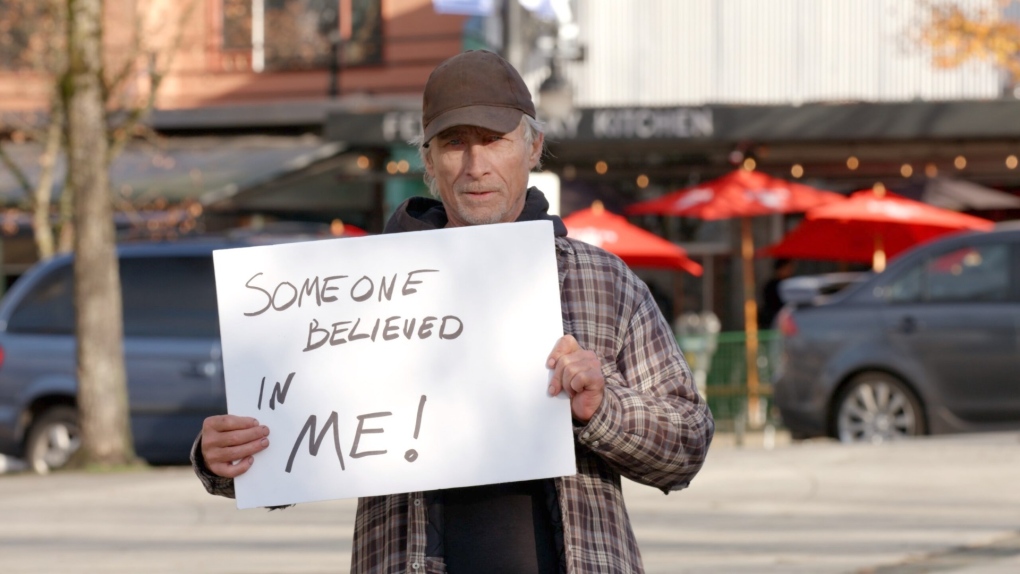Zhao says having data on how people who did get the money actually spent it is something she thinks will help counteract stereotypes, increase empathy and potentially get skeptics and the public on board with the idea of providing cash transfers.
Now that the study is complete, the plan is to replicate it and expand it to other cities in Canada and the U.S.



Nice deflection to a different topic. This whole story is about Canada, nothing about the US Democratic party. If for some reason you do want to talk about the effectiveness of “Democratic” fiscal policy versus “Republican” fiscal policy, I’m happy to do that.
Like I said, I’m actually fine having a good-faith discussion about either one of these topics if you’re into that, but if you’re just interested in tossing little one-sentence quips at me and ignoring relevant things I’m saying or questions that I’m asking, then IDK what the point would be. Surely you can see that, right?
Maybe I’m confusing replies, but didn’t the person I’m responding to ask ‘how did the US go wrong’?
Here’s the isolated thread.
This lemmy app doesn’t even take me to the right part of the thread the comments are in half the time.
It’s an absolute mess.
The core issue isn’t complicated. No advanced Lemmy required. Giving money to people who have none, as a way to make the world better, either (a) works always, or (b) works when done some ways but not others, or (c ) never works. I say the answer is (b) and I’m happy to show sources and studies; to get to the truth of the matter you have to be open to looking at how things play out and examining evidence.
If you’re planning on saying over and over again that it’s (c ), then you’ve done that! Mission accomplished. If you want to dig a little into the reasons why someone would say one thing or the other, and examining evidence from the real world which might or might not agree with you, we can do that too.
Edit: (c ) not ©